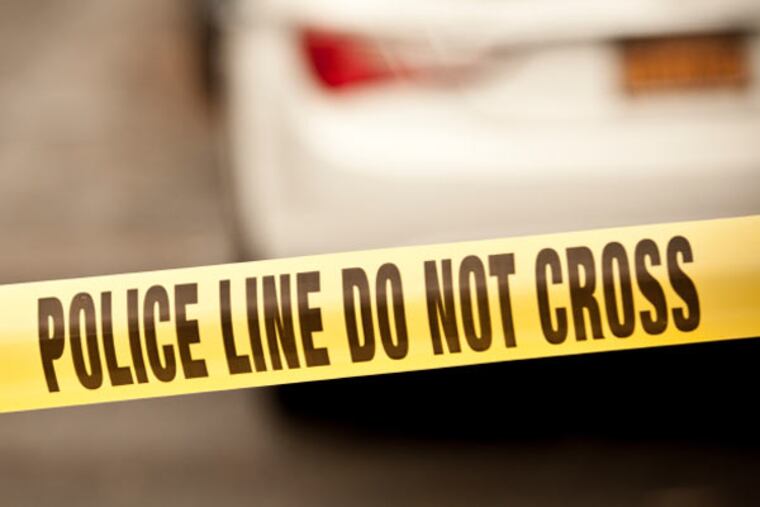Delco death a sad reminder: Guns raise suicide risk
It should be no secret by now that having guns in the home increases the chances that a member of the family will kill himself or herself. But the extent of the increase may surprise some people.

It should be no secret by now that having guns in the home increases the chances that a member of the family will kill himself or herself. But the extent of the increase may surprise some people.
In a study of adults, epidemiologist Douglas Wiebe found that the risk of suicide is three times higher for people who have a gun in the home than for people without guns. Guns in the home also raise the risk of homicide and accidental deaths.
"The bottom line is that people with a gun in the home are more likely to die by suicide than other people," said Wiebe, who studies risks associated with gun ownership at the University of Pennsylvania.
Firearms and suicidal ideas are a particularly nasty mix, experts said, because guns are so much more lethal than other methods. There is no chance for second thoughts. That explains, in part, why males are four times as likely as females to die of suicide, even though females attempt it more.
David Brent, an adolescent psychiatrist and suicide expert at the University of Pittsburgh, said the vast majority of people who try to kill themselves with guns - 85 percent to 92 percent - end up dying from it. In suicide attempts, guns are 2.6 times more lethal than suffocation and 270 times more lethal than poison.
The issue is attracting public attention again because of the high-profile death of Cayman Naib, a 13-year-old from Newtown Square who was found dead Sunday after a four-day search. Police said he shot himself with his father's gun. An ill-fitting trigger lock did not prevent it from firing.
Suicides at Naib's age are rare. Nationwide, 386 10- to 14-year-olds killed themselves in 2013.
Anthony Rostain, a child psychiatrist at Penn and Children's Hospital of Philadelphia, said teenagers can easily be "overwhelmed by negative emotions" and have trouble seeing the future when the present looks bleak. He and others said that young people may also have less control than adults over impulsive thoughts.
One of Brent's studies found that adolescents who killed themselves were twice as likely to have lived in homes with guns than youths who attempted suicide but survived. He also found that the availability of a gun in the home was a bigger risk factor for suicide in youths than psychiatric disorders.
After treating hundreds of children with gunshot wounds, Michael Nance, a trauma surgeon at Children's, said he would not have a gun at home. "They just scare me," he said. "I would be afraid I would shoot myself."
But several suicide experts saw no point in trying to fight the tide of gun ownership in the United States. Instead, they talked of "means restriction." A longtime approach to suicide prevention that is getting more attention now, it calls for making it harder for people to obtain a means of killing themselves when they are feeling desperate. This might mean making it harder to jump from bridges or tall buildings, locking up dangerous medicines, or making it difficult for children to find and use guns.
Experts recommend putting unloaded guns in safes and keeping ammunition locked in a separate area. Rostain would add an alarm so parents know if children tried to get into the safe. Bill Schmitz Jr., a Baton Rouge, La., clinical psychologist who is president of the American Association of Suicidology, gives out trigger locks with the National Suicide Prevention Lifeline number - 1-800-273-8255 - printed on them.
Nance said these precautions are important for young children because young people are likely to hurt themselves by accident. Older children are more likely to hurt themselves on purpose and are better than many parents suspect at finding hidden weapons and breaching locks.
Parents who keep weapons for protection, Nance said, will say that safes and separate ammunition are "absurd." Others simply trust their children to leave the guns alone.
One argument against focusing on guns is that people who want to kill themselves will find other means. Suicide experts say that has not proven true.
Rostain said he had talked with many young patients at Children's who survived a suicide attempt and were glad they did.
"The number-one thing they'll say is they were just trying to get out of a bad situation they found themselves in," he said. "The only thing they were thinking is, 'I've got to get out of this.' "
215-854-4944 @StaceyABurling